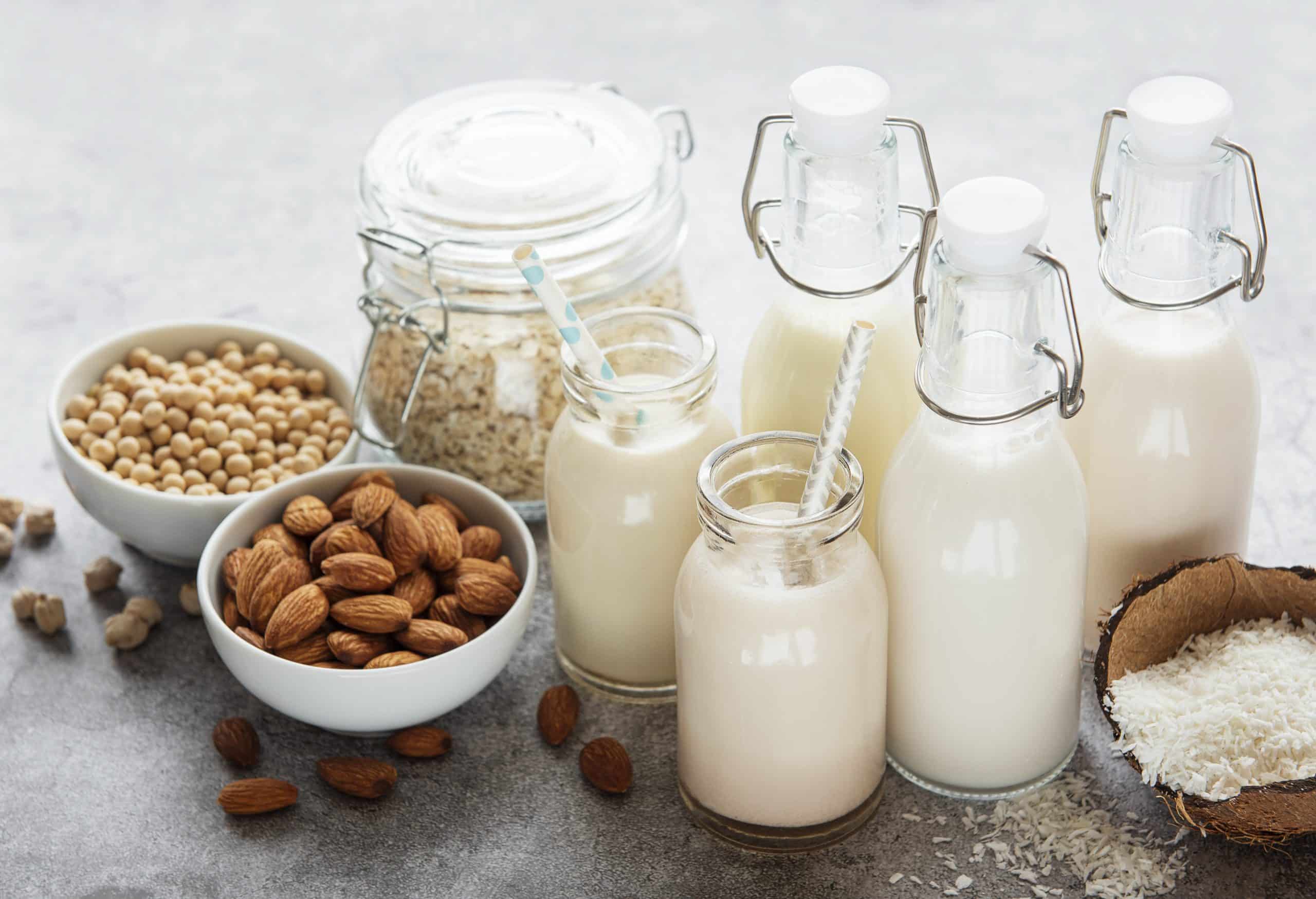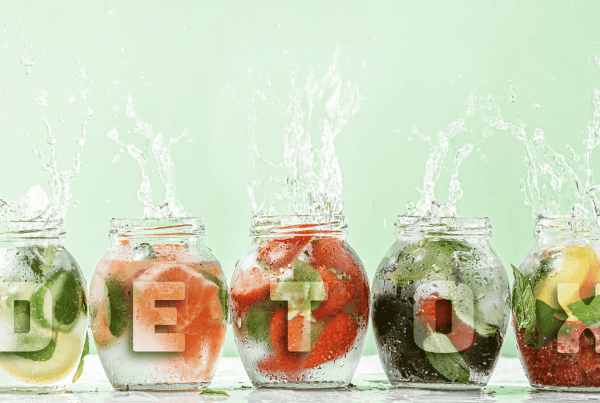Milk and other dairy products are the main sources of saturated fat that causes various heart diseases, type 2 diabetes and Alzheimer's disease. Many studies have also shown the association of dairy products with an increased risk of breast, ovarian and prostate cancer. Research shows that dairy products actually have little or no benefit for bone health.
Infants and children produce enzymes that break down lactose, the sugar found in cow's and mother's milk, but as we age, the secretion of these enzymes decreases. Lactose intolerance is common, the symptoms of which are gas, diarrhea, stomach upset.
Because of all this, plant-based milks are gaining popularity, especially among those people who take care of their health.
If you still haven't tried or have some hesitation when it comes to plant-based milk, here's what you need to know - there are many flavors and types of plant-based milk.
Since there is such a large selection, you will surely find a plant-based milk that suits your taste. These can be milks made from cereals, nuts, various seeds, legumes (rice, oat, coconut, almond, cashew, flax, sesame, soy, pea...).
Most of the time, one of the listed vegetable milks is offered in chocolate or vanilla, sweetened/unsweetened versions. There are really many options to try, but I'm sure everyone can find a plant-based milk that works for them.
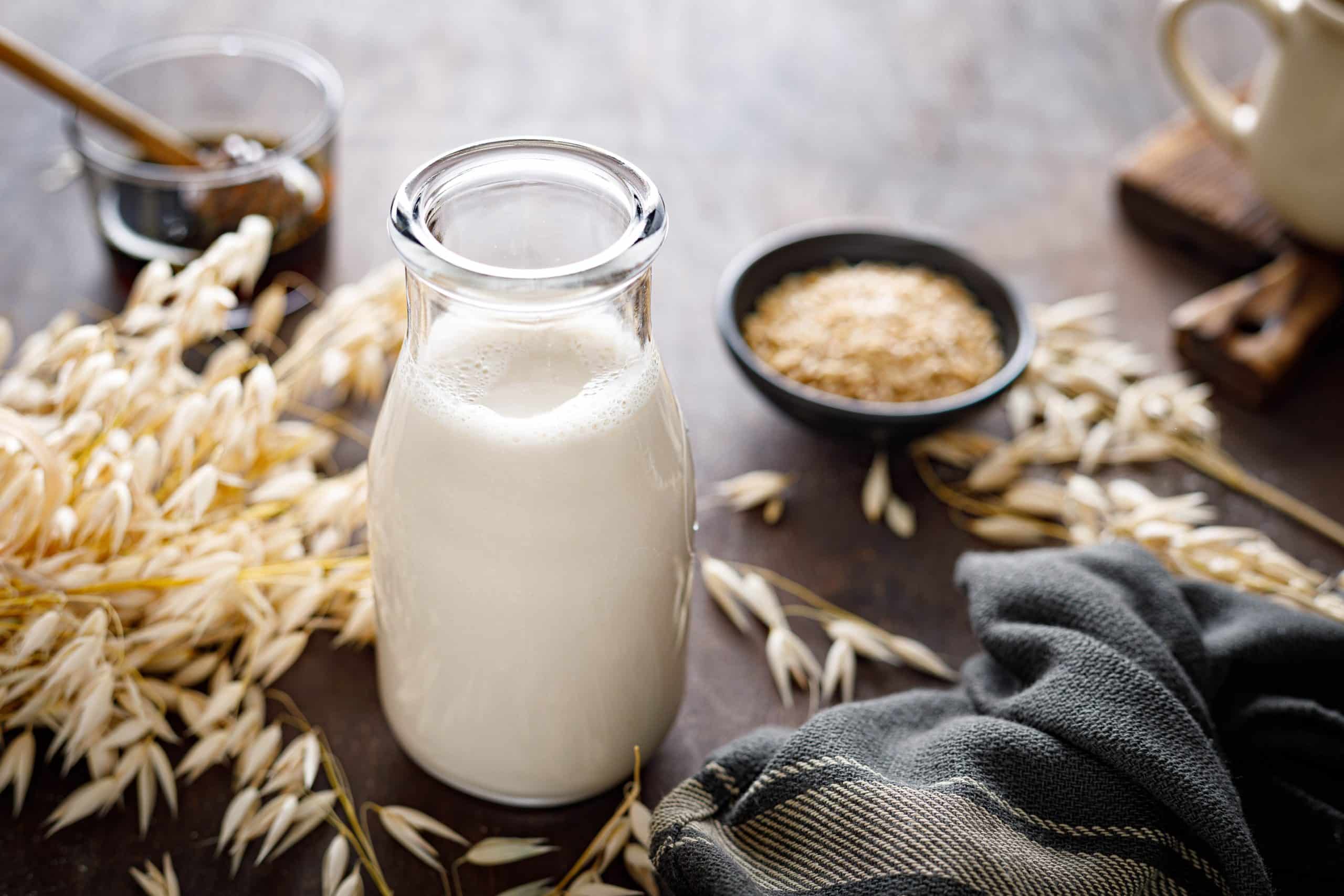
The advantages of plant milk compared to cow's milk
No hormones
Cows produce milk during the colostral period when estrogen levels are increased. Cows that are raised on farms are often in this period, as a result of which their hormone levels are extremely elevated, and the milk that these cows give naturally contains hormones, and so we, drinking their milk, ingest them.
Less fat and calories
Some of the nutritional values match plant and cow's milk, such as the amount of sodium and potassium, but according to many studies, plant milk is the healthier choice when it comes to the amount of fat and calories. Compared to one glass of whole milk, many plant-based milks have 37%-75% less fat. Many plant milks including almond, rice, coconut... have fewer calories than cow's milk.
Less sugar
Unsweetened versions of plant-based milks allow us to consume much less sugar than we would by consuming cow's milk. A lot of people don't know that cow's milk has 12g of carbohydrates and these are milk sugars, i.e. lactose. There is only one gram of carbohydrates in unsweetened vegetable milk.
Richer nutritional composition
In addition to 8 grams of protein in a glass of vegetable milk, there is also vitamin B12, calcium, vitamin A, zinc, selenium, niacin, riboflavin, phosphorus, iodine and sodium.
We protect the environment.
The production of plant-based milks requires less water consumption than the amounts used in the production of cow's milk. As much as different plants need different amounts of water, that amount is still 50%-90% less. Producing approximately 4l of plant milk requires an average of 10% of land occupied by cow farms to produce the same amount of cow's milk. The construction of these farms also generally, due to their size and the food that is necessary for the cows on these farms, lead to additional deforestation, which affects climate change.
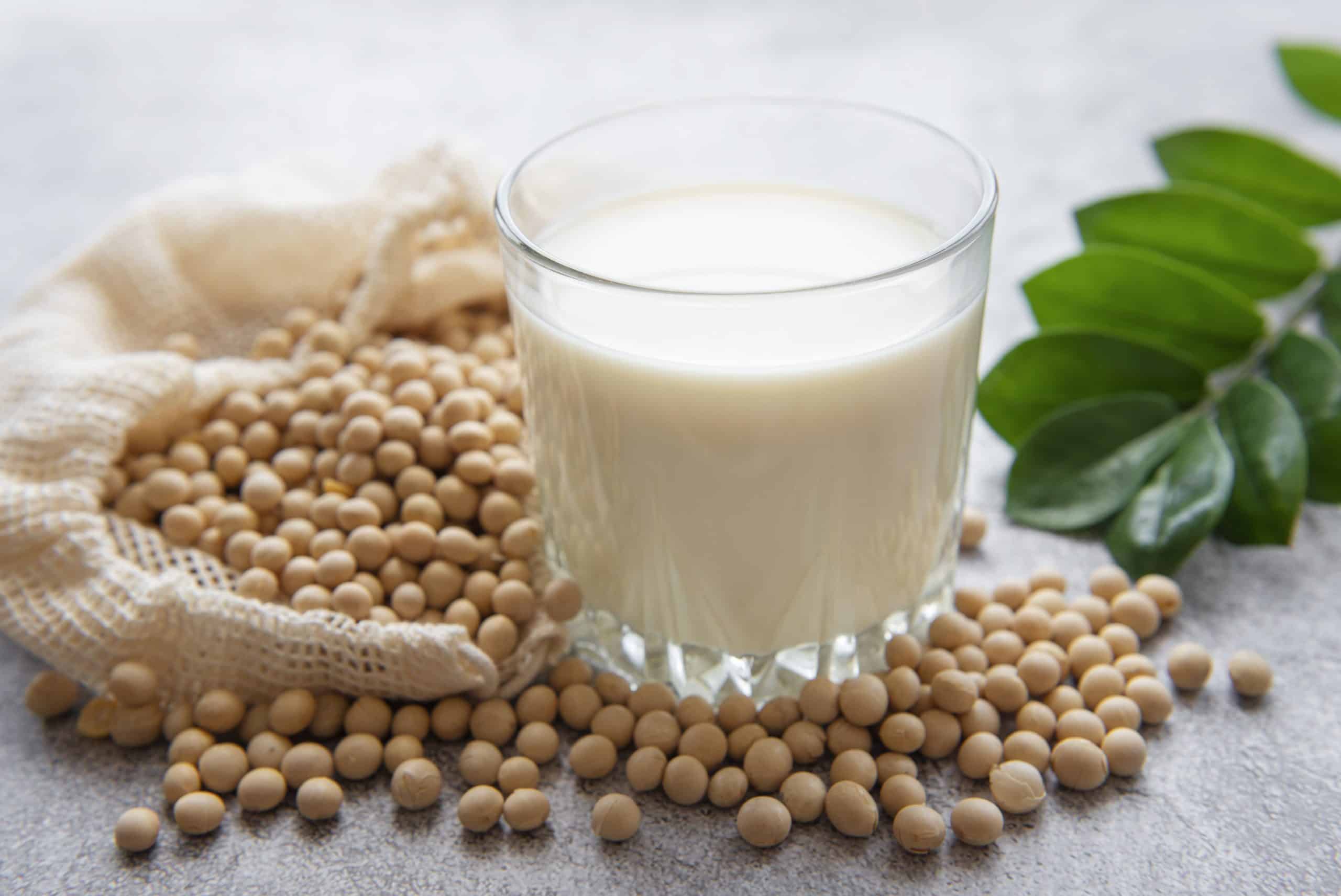
Tips for choosing plant-based milk
Choose the flavor that suits you best
Try different brews and flavors, as there are many on the market.
Read the declarations carefully
Not all plant-based milks have the same composition, choose those with good nutrients, especially calcium and vitamin D.
If you're vegan, choose options with more protein
Many plant-based milks do not have much protein in them, but if you generally do not eat protein foods, then make sure to choose those plant-based milks that have a higher amount of protein, such as soy, flax or pea milk.
Pay attention to the prices.
Some plant-based milks can cost twice as much as cow's milk, and if you drink a lot of them, you might be better off trying to make your own.
Recipes for homemade vegetable milk
Almond milk
Ingredients:
- 1 cup raw almonds
- 4 cups of water
- 1 tablespoon honey (optional)
- 1 teaspoon vanilla extract (optional)
Instructions:
Pour water over the raw almonds and let them sit overnight or at least 8 hours.
Drain and rinse the almonds and place them in a blender along with 4 cups of fresh water.
Blend all the ingredients until you get a smooth mixture. Strain the mixture through cheesecloth or a strainer and pour into a bottle.
Add honey and vanilla extract if desired and mix well.
Store in the refrigerator for up to 5 days.
Oat milk
Ingredients:
- 1 cup of oatmeal
- 4 cups of water
- 1 tablespoon honey (optional)
- 1 teaspoon vanilla extract (optional)
Instructions:
Place the oatmeal in a blender along with 4 cups of water. Blend all the ingredients until you get a smooth mixture. Strain the mixture through cheesecloth or a strainer and pour into a bottle.
Add honey and vanilla extract if desired and mix well.
Store in the refrigerator for up to 5 days.
Coconut milk
Ingredients:
- 2 cups coconut flakes
- 4 cups of water
- 1 tablespoon honey (optional)
Instructions:
Place the coconut flakes in a blender along with 4 cups of water. Blend all the ingredients until you get a smooth mixture. Strain the mixture through cheesecloth or a strainer and pour into a bottle.
Add honey as desired and mix well.
Store in the refrigerator for up to 5 days.
Note:
You can adjust these recipes to your taste by adding more or less honey, or another sweetener (agave syrup, dates...) or vanilla extract, and you can also use other types of nuts or seeds of your choice.
Plant milks can be used in cooking, for example oat milk, coconut milk.
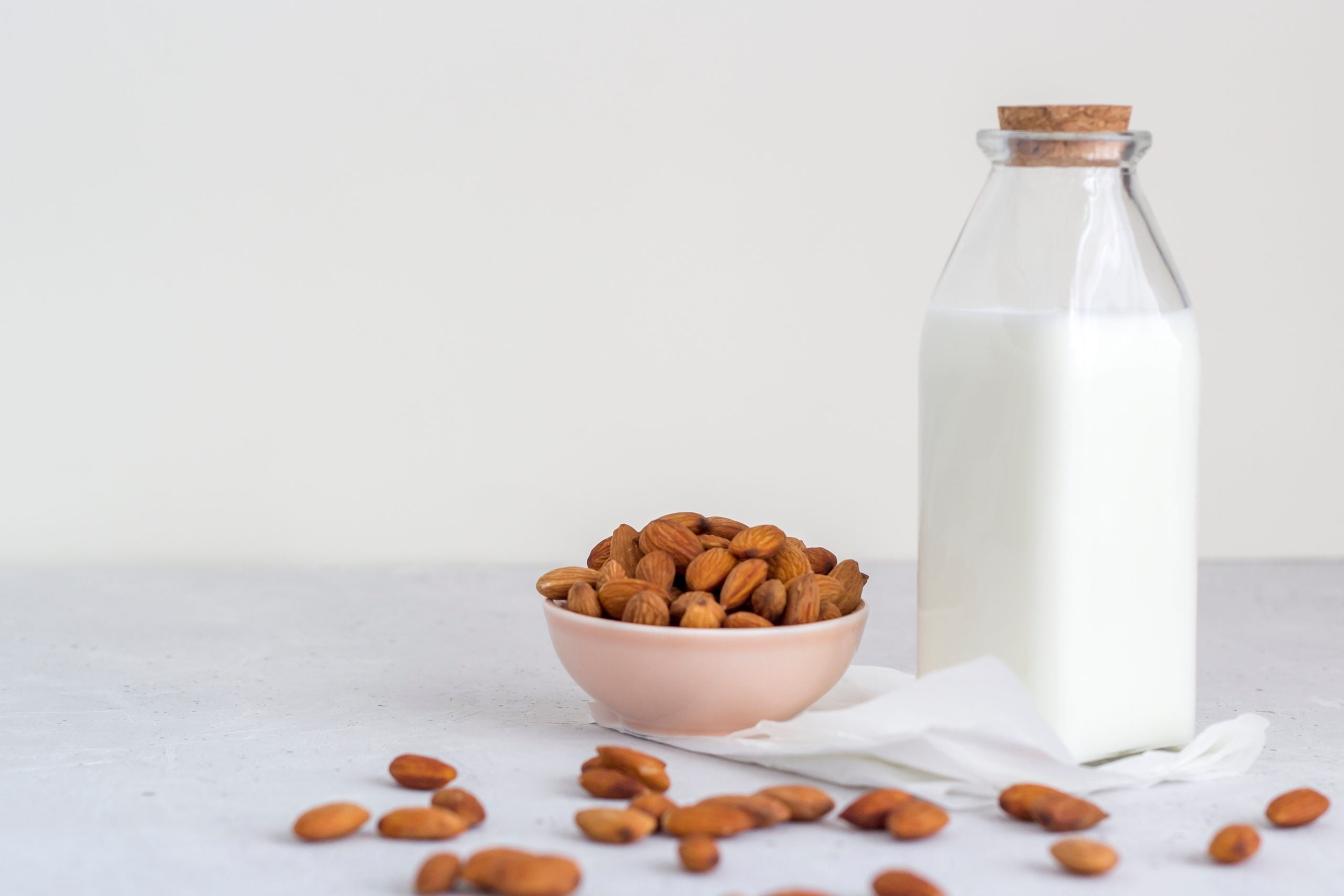
Recipe for pancakes made with vegetable milk
Ingredients:
- 1 cup of flour
- 1 teaspoon of baking powder
- 1/4 teaspoon salt
- 1 cup plant-based milk (eg, soy milk, almond milk, or coconut milk)
- 1 tablespoon of agave or maple syrup
- 1 tablespoon vegetable oil
- 1 teaspoon vanilla extract (optional)
Instructions:
In a large bowl, mix the flour, baking powder and salt. Add plant milk, syrup, oil and vanilla extract (optional) and mix well until you get a smooth mixture.
Heat a pan over medium heat and add a little oil. Using a large spoon, pour the mixture onto the heated pan.
Cook the pancakes until you see bubbles on the surface, then flip them over and cook until golden. Repeat the process with the remaining mixture until you have used up all the ingredients.
Serve your pancakes with fresh fruit, syrup or plant-based yogurt for a healthy and delicious breakfast or dessert. Enjoy!
In the offer of our shop you can find different ones plant-based milks and beverages, as well as those of 100% organic composition. Some of them are soy milk, almond milk, as well as oat milk.

